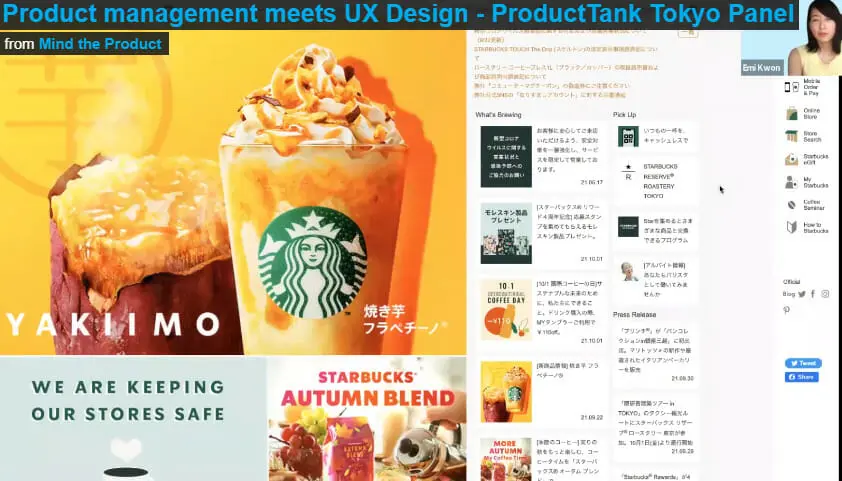,
Product Design
MAY 27, 2016
The Importance of Product Specifications
Recommended

43:17
Product Systems: How to manufacture lightning in a bottle by Oji Udezue

22:26
10x Product X Design: Product and research team collaboration by Jane Austin

40:04
Designing a sustainable future by Leyla Acaroglu

01:23:57
Product management meets UX design by Tanmay Goel, Emi Kwon, Simran Kaur









